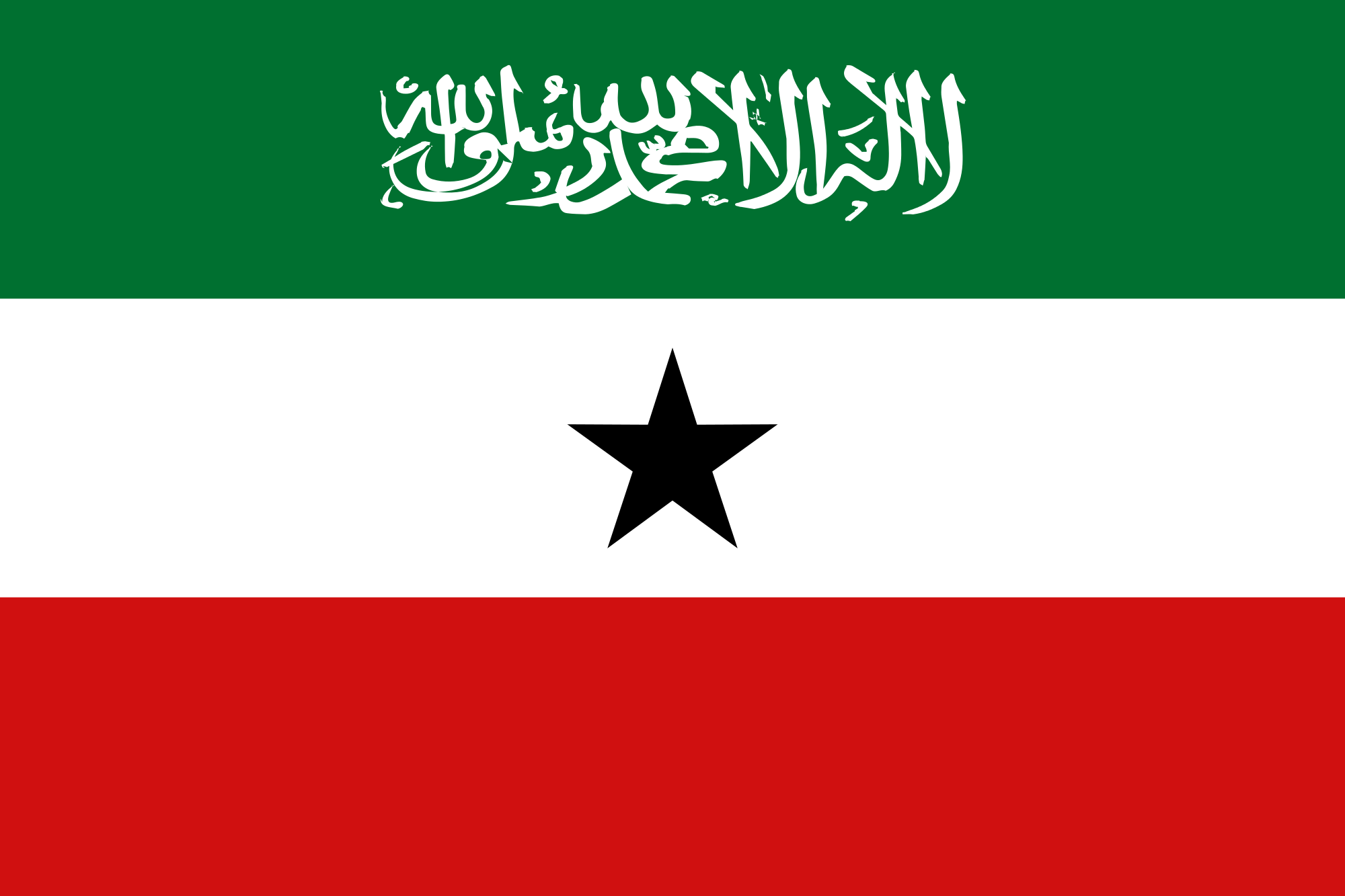Somaliland Faces ‘Explosion’ Of Mental Health Conditions

Amina usually takes her brother to the clinic by force. He doesn’t like going. “I feel very bad when I take him there. I have to do it but I cry at the same time,” says the young mother who lives in downtown Hargeisa, capital of the breakaway republic of Somaliland: “We have no choice but to take him. What else can we do for him?” Amina* adds, visibly pained.
Her 38-year-old brother Bulhan* has on four occasions been admitted to the Macruuf Relief Organisation, a privately run mental health clinic in Hargeisa, one of many that have been established in recent years.
These under-resourced private centres operate largely without scrutiny from the authorities. Chaining patients is common, as is confinement without consent, practices that Human Rights Watch says violate “basic international standards prohibiting ill-treatment, and may constitute torture”.
“If people fight, they are punished, they are chained,” says Bulhan, who is now at home with his family. “They use the chains in different ways. They’ve stopped using this technique now but they used to chain your legs and tie you up on the roof with your head facing down.
Now they just chain your legs and tell you to sit somewhere.” Amina’s dilemma is one that many families in Somaliland face amid a substantial mental health crisis.
Many people are ill-informed about psychosocial disorders, which are widely stigmatised in Somali culture.
“There is an explosion of mental illness in this society,” says Abdirisak Mohamed Warsame, mental health project manager for the Italian NGO Gruppo Relazioni Transculturali, and one of just a handful of professionals working in the sector in Somaliland: “The community has no formal ways to provide for the mentally ill,” he adds. “The government is struggling with other health issues that are more treatable; the ministry of health only recently established a mental health office.”
Source: The Guardian